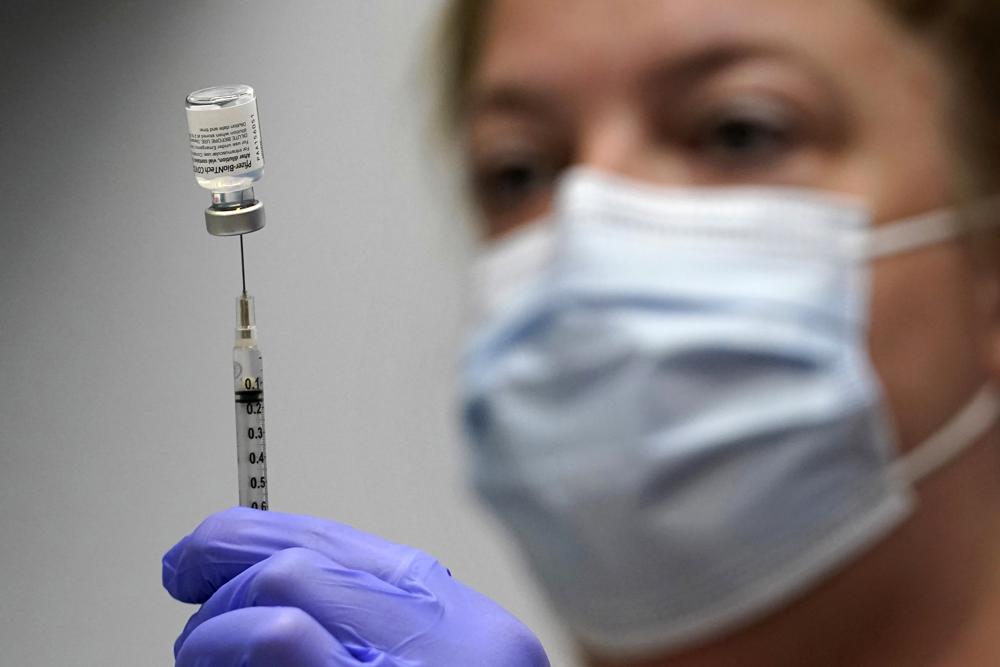Although the human body is equipped with an immune system to fend off many common pathogens, there are still more that could easily overwhelm it. Once this happens, serious illnesses are well on their way to invading your body. That’s what vaccines are for.
Specialists design vaccinations to help ‘teach’ your immune system to identify and eliminate an organism. Moreover, vaccines reduce the chances of getting a disease by working with your body’s natural defenses. Accordingly, making it one of the primary tools for prevention.

Adverse Effects Of Vaccination
While most of them only received mild effects after taking the vaccine, many lives were affected despite its purpose. Shockingly, many of those were caused by the vaccine itself instead of the disease alone. Not because of poor administration, but due to the ingredients themselves. From this, various reactions were recorded:
- Allergic Reaction
Also called anaphylaxis, allergic reactions are rare occurrences, albeit still dangerous. Here, the patient could experience the following symptoms, such as:
- Swelling at the injection site
- Rashes
- Drop in blood pressure
- Wheezing
- Heart inflammation
- Swelling of the tongue, and more
As you can see, these symptoms can be seen from your typical run-of-the-mill allergies kicking in. That’s because some vaccines contain chicken eggs, which could trigger those who have egg allergies. However, that doesn’t make it any less dangerous, considering how this could easily threaten the patient’s life the longer it’s left unattended.
- Muscle Paralysis
Compared to anaphylaxis, muscle paralysis could result from either poor administering or as a side effect to the vaccine. Many reports stated how vaccinated patients would experience numbness on the part where they were injected. If the injection site was done on the shoulder, that’s considered a Shoulder Injury Related to Vaccine Administration (SIRVA).
Feeling extreme pain after vaccination is one way on how to prove SIRVA. However, its cause isn’t as simple as you’d think. Depending on the injection site, administering too high or too low from the designated site could pierce the bursa sac or the rotator cuff. On the other hand, diseases like hepatitis and mumps could also be a potential cause.
Regardless, as long as you experience pain or immobility on your entire shoulder area, you’re most likely experiencing SIRVA.
- Blood Clots
Blood clots (or thrombosis) have two categories: Deep Vein Thrombosis (DVT) and Arterial Thrombosis (AT). Just from their names, DVT occurs when blood clots in a vein, whereas AT happens within an artery. Although both are closely similar, only AT could cause heart problems such as cardiac arrest.
Much like with anaphylaxis, thrombosis rarely happens because of vaccine administration. After all, the only way this could occur is when the patient has these conditions before the vaccination:
- Has been bedridden for long periods
- Has poor heart conditions
- Has comorbidities
Therefore, patients currently experiencing these health conditions are likely to have blood clots and even trigger other conditions.
- Psychological Injuries
Since your body is adjusting to the organisms injected into you, it’ll take some time for it to adapt completely. After all, even vaccines with low efficacy could somewhat affect your body conditions. However, if prolonged to more than a week, that’s where the problem comes in.
Although they’re not as ‘severe’ as the others, psychological injuries can still impact your day-to-day life. This could be seen from the following issues:
- Fatigue
- Sleep disturbances
- Brain fog
- Memory loss
From these conditions alone, those who lead extremely stressful lives with high-stake jobs could greatly suffer from these symptoms longer.

How To Resolve These Effects
Unfortunately, there are no home remedies that could cure these side effects instantly. However, here are some ways that you should do when it arises:
- Seek Medical Attention
As you can see, the adverse effects that you might experience after vaccination are extremely life-threatening. That being the case, each second, they undergo these symptoms is one step closer to the grave. So, rushing the patient to the hospital could be their only hope for survival.
- Consult The Doctor Beforehand
To prevent these effects from building up, you need to nip it in the bud beforehand. As soon as you’ve enlisted yourself to take the vaccination, be honest with your doctor. Tell them about your condition and your family’s medical history as well. Once you do that, ask them how the vaccine will affect your life and request for further information regarding each vaccine. This way, you could prepare yourself for what might happen upon vaccination.
- Research
While it might not be as comprehensive as consulting a medical professional, doing your own research before taking the vaccine could help educate yourself. However, make sure to absorb information from legitimate references supported by science. Since you’re backed up with facts, you could encourage other people to get vaccinated as well.
Takeaway
It’s a well-known fact how vaccines are efficient in serving as a protection and as a partner of your immune system. While this is true, the possibility of side effects in different individuals should also be given utmost importance. Therefore, as encouraging as it is to explain the benefits of taking the vaccine, people should know what it entails for those with current health conditions.








